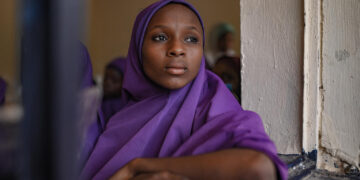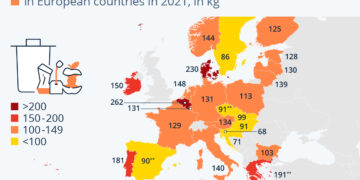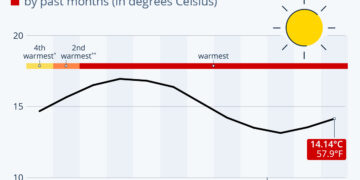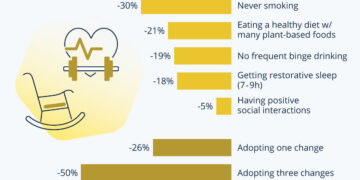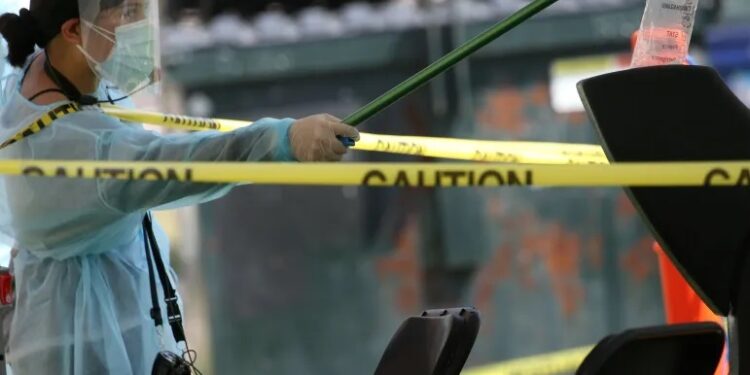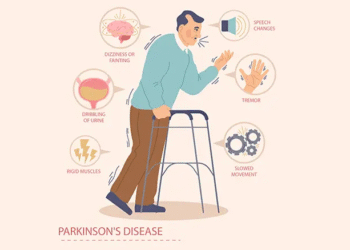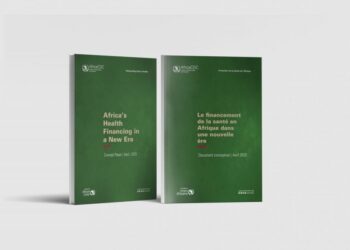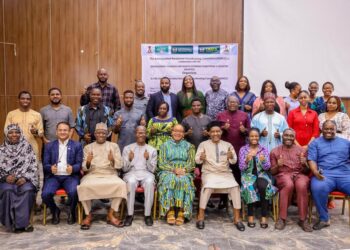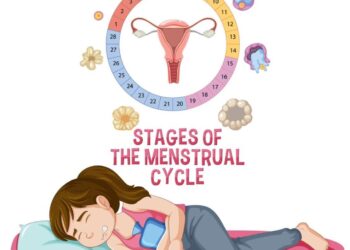
Regarding “A pandemic treaty will double down on all the bad ideas from COVID-19″ (Feb. 2): To borrow a phrase, Roger Bate “got a lot wrong” about the World Health Organization and the Pandemic Accord. You don’t have to take my word for it; reputable media outlets across the country long ago debunked the inaccuracies Bate presents in his Tribune op-ed.
Let’s start with the biggest inaccuracy, in which Bate suggests the Pandemic Accord currently being negotiated by countries will overrule a nation’s sovereignty. He writes: “The treaty would also give the WHO the power to initiate lockdowns and mandates for masks, testing and vaccines.”
Leading news outlets including USA Today, The Associated Press and Reuters have conducted fact checks that have unequivocally confirmed that the accord does not undermine national sovereignty. USA Today puts it bluntly in display text: “Proposed Accord won’t give WHO control over US pandemic policy.” The AP writes that the accord “does not overrule any nation’s ability to pass individual pandemic-related policies.” And Reuters states in a headline: “The WHO is not planning to implement a ‘pandemic treaty’ that would strip member states of sovereignty.” But Bate’s most eyebrow-raising claim is that “the WHO, among others, shut down debate about the risks and limited benefits of COVID vaccines.” If the WHO had the power to shut down the vaccine debate worldwide, we wouldn’t be facing the lowest vaccination rates in a generation.
However, there is one area in which Bate and I agree: There are many lessons to be learned from the COVID-19 pandemic. That is precisely the impetus for the Pandemic Accord: to help countries better prepare for and respond to future outbreaks so we never again experience the extent of devastation wrought by COVID-19.
There is a wealth of credible information available about the Pandemic Accord, including this question-and-answer list from the WHO, which I recommend to anyone interested in learning more.
— Lori Sloate, senior director for global health, United Nations Foundation, Washington
I am disappointed in the Tribune opinion team for publishing the op-ed by Roger Bate concerning COVID-19. In this day and age of so much false information, it is disappointing that the opinion team did not properly vet the assertions Bate makes.
First of all, he claims that the World Health Organization promised that vaccines would prevent transmission. No such promise was made. In fact, most vaccines don’t fully protect against infection. As a result, vaccinated people can unknowingly carry and spread pathogens.
He goes on to assert that Sweden, Taiwan, Germany and South Korea did not follow proposed guidelines to use lockdowns, masks, testing and vaccines. Nothing could be further from the truth. His twisting of facts provides a very misleading picture.
Germany did have lockdowns and require masks, and it performed high levels of testing and contact tracing. By April 2023, 63.6 million people, or 76.4 % of the population, had received basic vaccination. More than 52 million people, or 62.6 % of Germany’s population, had received one or more boosters.
While Sweden did not mandate lockdowns and other restrictions, it relied on its citizens’ voluntary behavioral changes. This approach involved enforcing physical distancing, encouraging working from home, limiting social gatherings and travel, and prohibiting most public events. More than 90% of the Swedish population “approved, endorsed, and complied with the Swedish policies,” according to Swedish researchers.
In response to the pandemic, Taiwan implemented many policies and interventions to control infections, including universal mask wearing, border control, technology incorporating big data, quarantine of the infected, and travel and gathering restrictions. Two COVID-19 vaccines — MVC-COV1901 and UB-612 — have been developed under the support of government. In the early stage of the pandemic, the government’s role primarily focused on tracking and testing for COVID-19. Vaccines quickly became the cornerstone of the management of the pandemic.
After securing a vaccine, South Korea achieved its initial goal of inoculating more than 70% of the population. The government announced a plan to phase out restrictions starting in late fall 2021, and the expectation of returning to normal life increased among the public.
COVID-19 was a once-in-100-year pandemic caused by a novel virus. Attacking and criticizing scientists and experts on decisions they made in the midst of all of this is extremely counterproductive. Were there decisions made that didn’t work out? Sure. Were these decisions malicious? Absolutely not!
People like Bate want to plant seeds of mistrust of the very institutions that have served to protect us from some very potentially dangerous viruses. Mistrust is probably one of the deadliest tools to tear down these institutions.
I appeal to the Tribune opinion team to please weed out bad actors like Bate.
— Donna Navickas, Lisle
While I agree with Roger Bate that the power to order such pandemic-related actions as lockdowns and mask mandates should be in the hands of authorities here rather than being outsourced to the World Health Organization, the rest of his op-ed reads, mostly, as a list of oversimplifications. cherry-picked facts and right-wing talking points such as exaggerating the risks and questioning the effectiveness of vaccines and opposition to lockdowns and mask mandates.
It is fine to say, “Follow the science,” and we should, but science is a slow process. We can follow the science the next time, but it wasn’t available soon enough this time. “Conclusive” science takes time. When a huge number of lives are on the line, it takes lots of time because of the cost of missing something. Until a conclusion arrives, whose opinions are likely to be better than those of scientists with relevant experience? What guess is better than an educated guess?
People seem to forget that, for almost the entirety of the first year of the pandemic, prevention of transmission through social distancing and masks was all that we had to work with as we learned precisely what the problem was and what more could be done.
An online search for Bate’s organization, the International Center for Law & Economics, drew a lot of hits generated by the center itself, but little else, such as outside citations of the center’s work. This suggests to me that the world is not buying what the center is selling and that Bate’s words should be judged solely on their merit, with his association with ICLW adding no weight to them.
— Curt Fredrikson, Mokena, Illinois


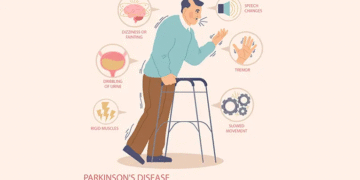

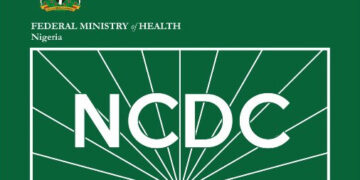
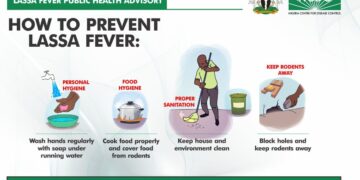

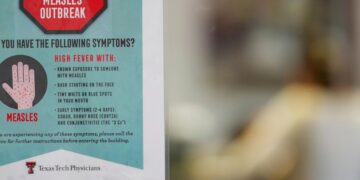
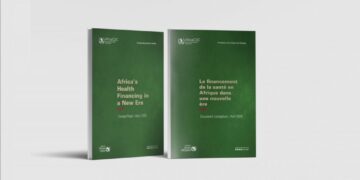
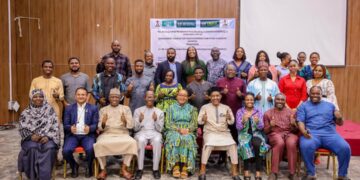


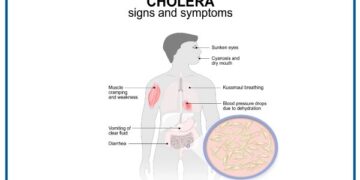
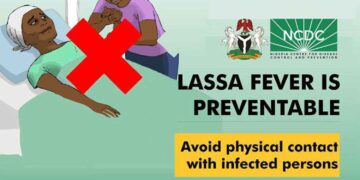




![Antimicrobial Resistance [AMR] in Hausa](https://healthtoday.com.ng/wp-content/uploads/2024/02/antimicrobial-resistance-AMR--360x180.jpeg)


